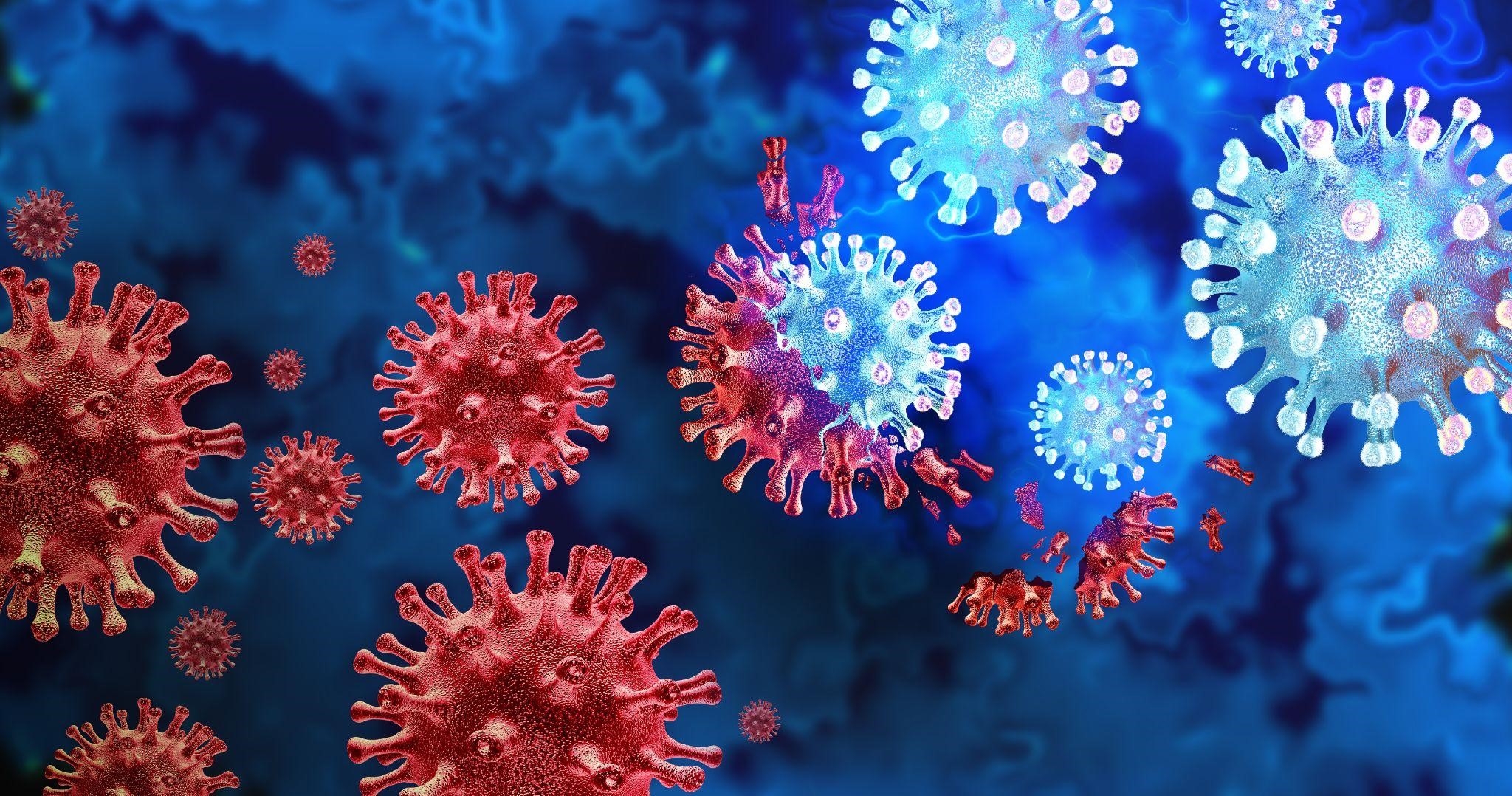Unmasking the secret of broadly neutralising COVID-19 therapeutic antibodies
Published: 22 Mar 2023

Despite the high number of break-through infections from the Omicron variant of the SARS CoV-2 virus, and the reduced protection of vaccines against newer variants, researchers found that antibodies present in previously infected patients can neutralise variants of the COVID-19 disease.
Associate Professor Justin Chu, Director of the Biosafety Level 3 (BSL-3) Core Facility and Associate Professor in the Department of Microbiology and Immunology, and Infectious Diseases Translational Research Programme at the Yong Loo Lin School of Medicine, National University of Singapore (NUS Medicine), led a joint study conducted by the BSL-3 Core Facility and Tsinghua University in China, to investigate how broadly neutralising antibodies acquire their ability to neutralise all variants of SARS-CoV-2 tested. The study is published in Nature Immunology.
In laboratory studies, the neutralising antibodies demonstrated protective effects. When tested with the Beta variant, they provide protection from severe disease outcomes and there were also no detectable levels of the virus in both the lung and brain tissues. Similar protective functions were also demonstrated using the Omicron variant, resulting in no disease symptoms and no loss in weight.
These results highlight that a natural infection with the wild type of SARS-CoV-2 virus could generate broadly neutralising and protective antibodies, which can protect individuals against infection from the Omicron subvariants. In addition to the vaccine booster taken by past infected patients, it is highly likely that these antibodies contribute to hybrid immunity against the variants.
“The next part of our study aims to understand how the memory immune cells that produce these broadly neutralising antibodies will be crucial for developing next generation vaccines, that can selectively enhance the production of such highly effective and broadly neutralising antibodies,” said Assoc Prof Chu, Principal Investigator of the study.
Read more in the press release.

